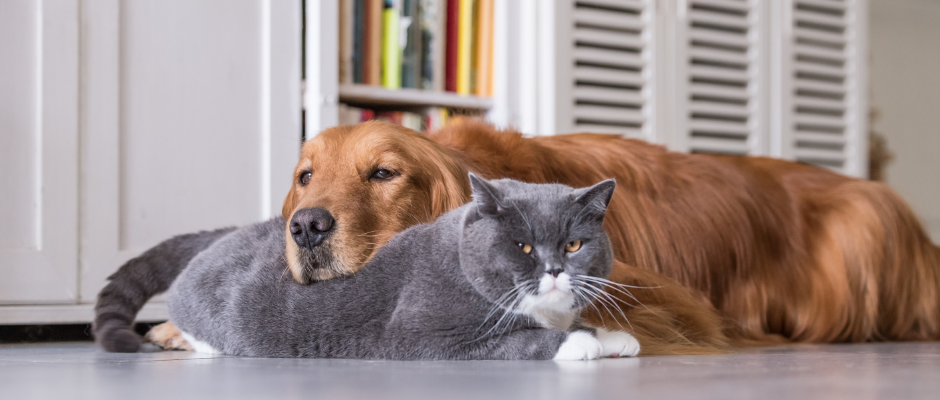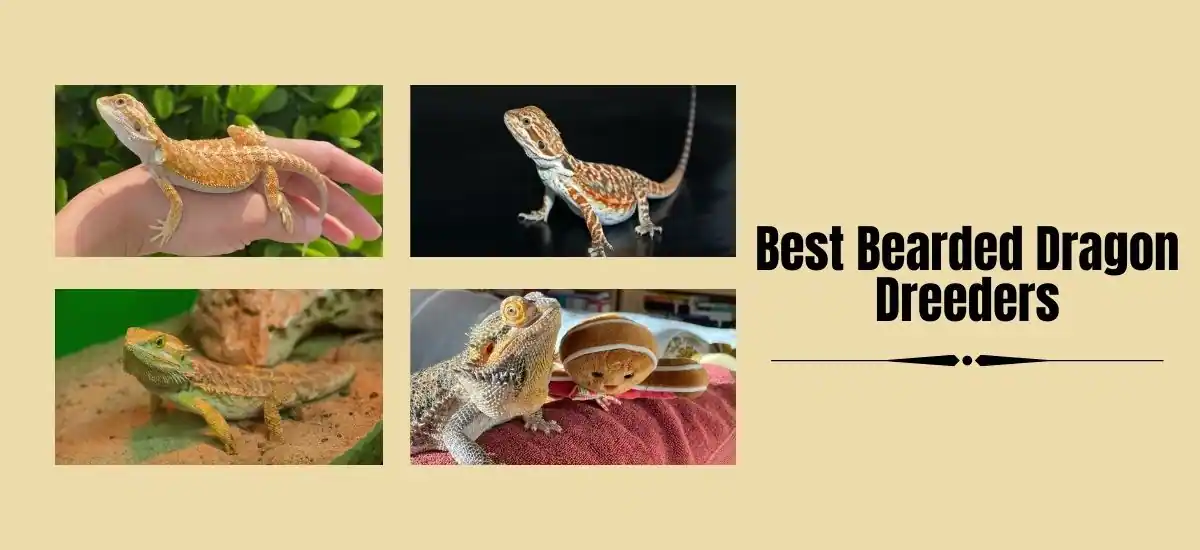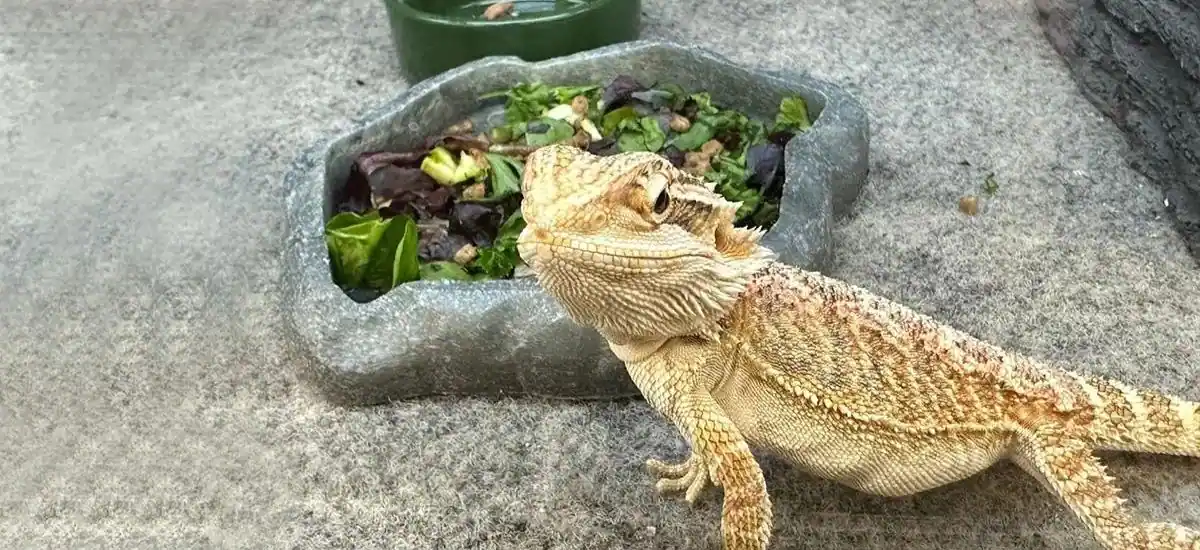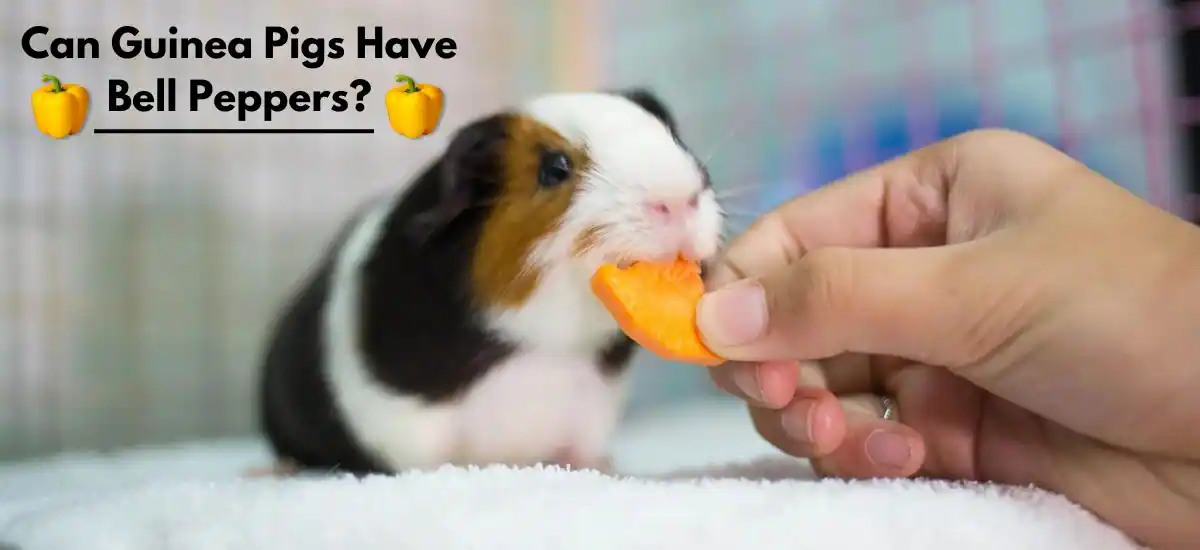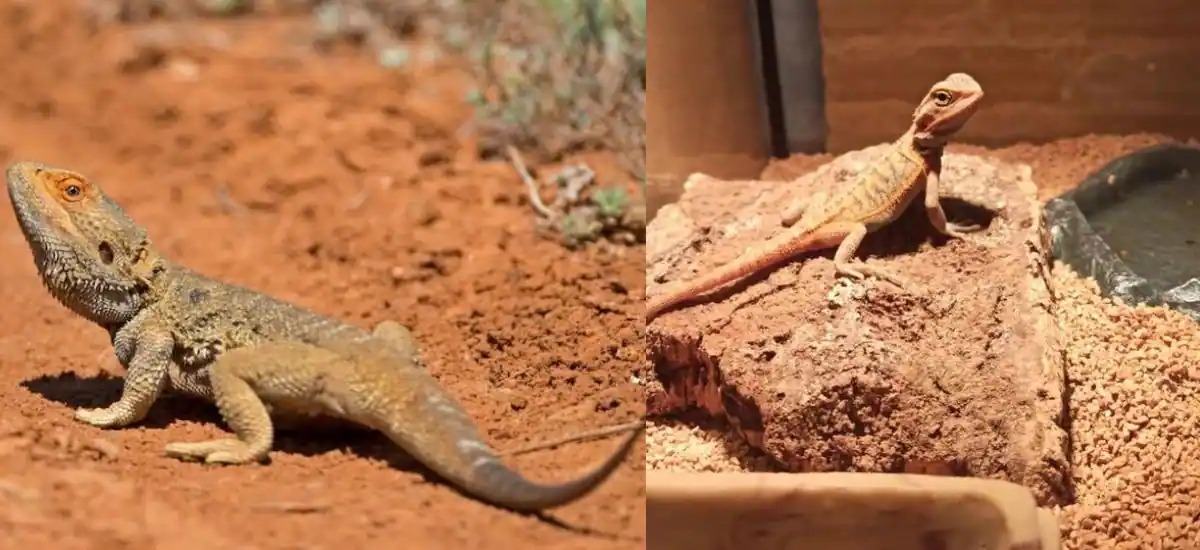When you’re ready to bring a bearded dragon into your life, choosing the right breeder is as crucial as picking the perfect pet. A reputable breeder not only ensures a healthy start for your new scaly friend but also supports you through your bearded dragon journey with expert advice and genuine care. Let’s dive into the world of bearded dragon breeders and discover how to spot the cream of the crop!
Understanding Bearded Dragon Breeding
What Makes a Breeder Stand Out?
- Ethical Breeding Practices: Top-notch breeders adhere to the highest standards of animal welfare, ensuring that their dragons are bred in clean, spacious environments.
- Health and Genetics: A breeder worth their salt will focus on enhancing the genetic lineage of their bearded dragons, aiming for robust health and vibrant colors.
- Knowledge and Passion: Genuine breeders are not just selling a pet; they’re passionate educators eager to share their knowledge about bearded dragon care.
Table: Traits of a Reputable Breeder
| Trait | Description |
| Ethical Practices | Adherence to animal welfare standards. |
| Focus on Health | Regular health checks and clear genetic lines. |
| Educational Support | Ongoing advice and resources for new owners. |
How to Identify Reputable Breeders
Finding a reputable breeder is akin to finding a needle in a haystack. Here are some insider tips to make the hunt a little easier:
- Unique Appearance
Bearded dragons, named for the distinctive “beard” of skin they can puff out around their throats, especially when threatened or showing off, have a charismatic and prehistoric appearance. Their body is covered with spiky scales, which can display a variety of colors, from deep browns and sandy yellows to striking oranges and reds, depending on the species and selective breeding.
- Friendly Nature
One of the top reasons bearded dragons are beloved is their temperament. They are generally very docile and easy to handle, even for children under supervision. This makes them excellent pets for individuals and families alike. They often show distinct personalities; some enjoy being held and will even respond to their names with recognizable behaviors.
- Manageable Size
Adult bearded dragons reach an average length of 18 to 24 inches, including their tail, making them a manageable size for most homes. They require a fair amount of space to thrive—a tank of at least 40 gallons is recommended—but their housing and care are manageable compared to larger pets.
- Diet and Feeding
Bearded dragons are omnivores, which means they eat a mix of plant-based foods and insects. Their diet can include leafy greens, non-citrus fruits, and vegetables, supplemented with insects like crickets, mealworms, and waxworms. This varied diet helps keep them healthy and mimics their natural foraging behavior, making mealtime interesting for both the pet and the owner.
- Health and Longevity
With proper care, bearded dragons can live up to 10-15 years. They are relatively hardy creatures but do require specific environmental conditions to stay healthy. This includes regulated heat gradients in their enclosures, proper UV lighting to help them metabolize calcium, and a well-maintained diet to prevent common health issues like metabolic bone disease.
- Transparency is Key: Reputable breeders have nothing to hide. They should be willing to show you where and how their dragons are kept and share their breeding philosophy openly.
- Look for the Paper Trail: Documentation like health records and genetic history speaks volumes about a breeder’s operations.
- Customer Reviews Matter: Dig a little deeper into what others are saying. Glowing testimonials can be a green light, but pay attention to how breeders respond to any negative reviews.
Top Bearded Dragon Breeders in The U.S.
When you’re on the hunt for the best, geography should not limit your choices. Here’s a roundup of some of the most highly regarded bearded dragon breeders across the United States, each known for their exceptional care and quality:
1. Dragon Den Exotics (California)
- Specialty: Known for their vibrant color morphs and robust health.
- Why They Stand Out: Rigorous health screening and a commitment to ethical breeding.
2. Scales and Tails (Florida)
- Specialty: Breeding for temperament, perfect for family pets.
- Why They Stand Out: Focus on socialization and a family-friendly approach.
3. Reptile Rapture (Wisconsin)
- Specialty: Expertise in rare and exotic dragons.
- Why They Stand Out: Extensive aftercare support and detailed care guides for each purchase.
Top U.S. Breeders
| Breeder | Location | Specialty | Unique Selling Point |
| Dragon Den Exotics | California | Color Morphs | Health Screening |
| Scales and Tails | Florida | Family Pets | Socialization Focus |
| Reptile Rapture | Wisconsin | Rare Types | Aftercare Support |
Importance of Genetic Diversity
Genetic diversity is a pillar of responsible breeding. Here’s why it matters:
- Healthier Offspring: Greater genetic variance can reduce the risk of congenital health issues and promote longer, healthier lives.
- Better Adaptability: Diverse genetic makeup can make bearded dragons more adaptable to various environments and stressors.
- Preservation of the Species: Maintaining a wide genetic pool is crucial for the long-term viability of captive populations.
Health Guarantees and Support
When adopting a bearded dragon, the commitment from your breeder shouldn’t end at the sale. Here’s what top breeders offer in terms of health guarantees and ongoing support:
- Health Guarantees: Look for breeders who provide a comprehensive health guarantee that covers any genetic health issues for a set period. This reflects their confidence in their breeding practices.
- Support After Sale: A reputable breeder will be available to answer your questions and provide guidance on everything from diet to habitat setup, long after you’ve brought your dragon home.
Frequently Asked Questions
Q1. What should I feed my bearded dragon?
Ans. Feed adults a diet of 80% vegetables like collards and 20% protein from insects such as crickets. Ensure fresh water is always available.
Q2. How often should bearded dragons be taken to a vet?
Ans. Visit a reptile-experienced vet annually for check-ups, or immediately if you notice any signs of illness.
Q3. Can bearded dragons recognize their owners?
Ans. Yes, bearded dragons can recognize and show comfort with their owners, responding well to familiar voices and touches.
Conclusion
Choosing the right bearded dragon breeder is a significant decision that can impact your experience with your new pet for years to come. By following the guidelines outlined in this article, you can find a breeder who not only provides a healthy pet but also enriches your journey with invaluable support and education.
Related Posts:-
- Bearded Dragon Third Eye Explained
- Can Bearded Dragons Eat Bell Peppers? (Full Guide)
- Best Insects for Bearded Dragons: What to Feed Your Pet

